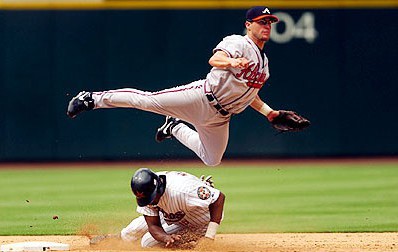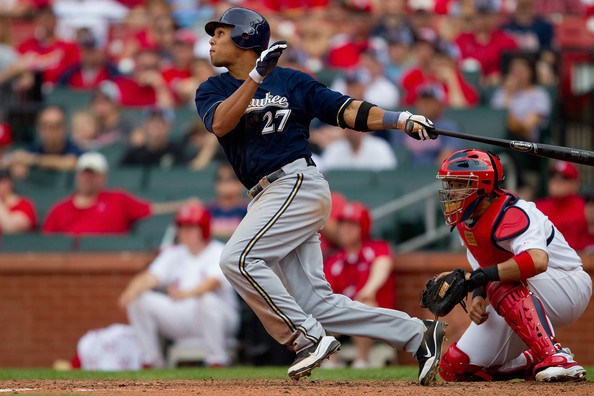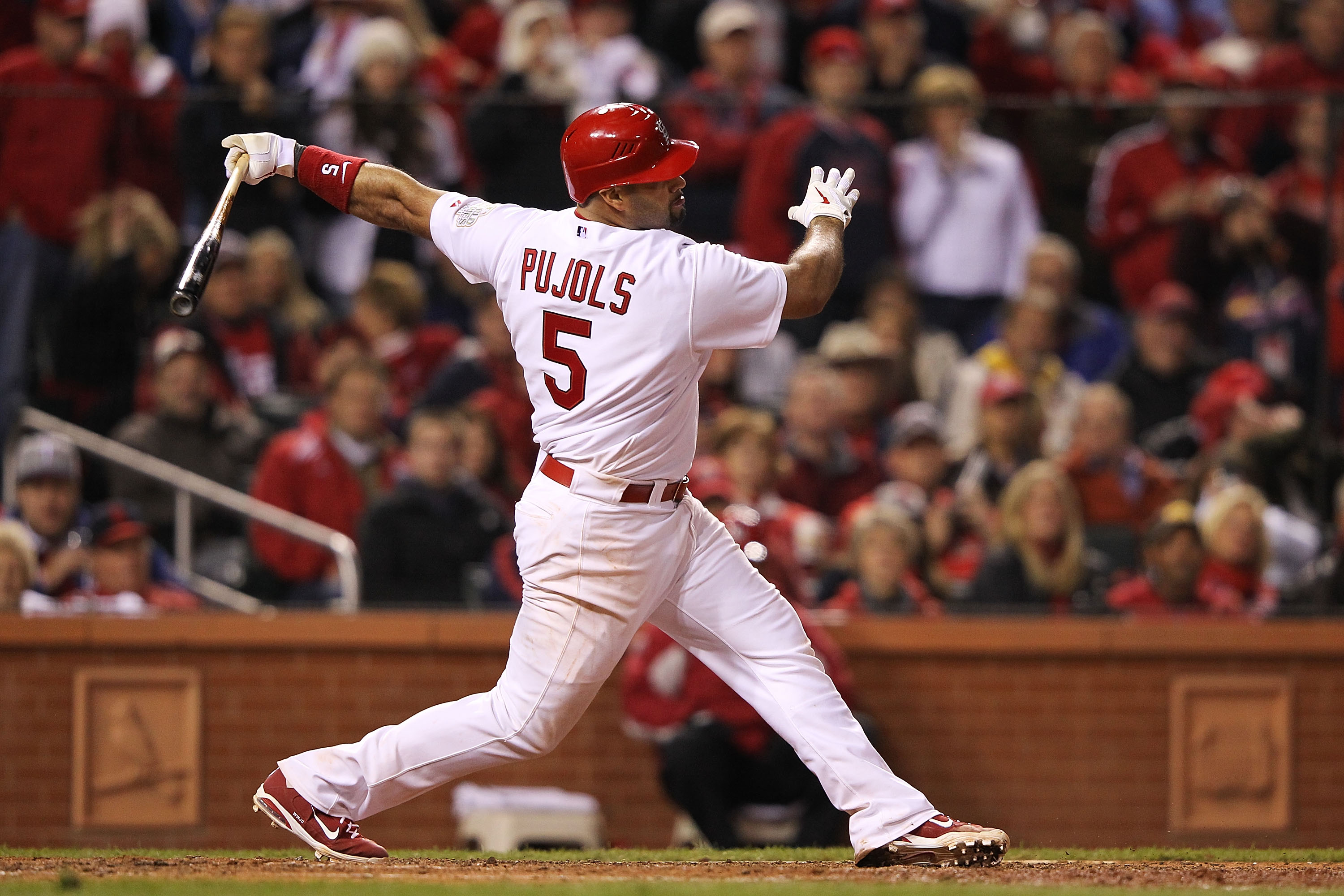In baseball, we already know that rest for pitchers is a big deal. There has been much research done on this topic over the recent years, especially as more and more players get injured and have to undergo Tommy John surgery or some other procedure. Managers can’t wear down their aces – remember when the Nationals shut down young star pitcher Stephen Strasburg?
But does rest matter for batters? Do they perform better if given a day off? Or maybe rhythm is more important?
Using our Trends tool, I looked at batters’ Plus-Minus for games with varying days of rest between games. Here’s a table and graph of the data – zero days of rest means the second game of doubleheader, one day of rest means a game the following day, and so on.
| Days in Between Games | Plus-Minus | Count |
|---|---|---|
| 0 | +1.39 | 445 |
| 1 | +0.04 | 43,481 |
| 2 | +0.05 | 5,413 |
| 3 | -0.31 | 148 |
| 4 | +0.21 | 27 |
Now, this is interesting. The data tells us that rest doesn’t really positively affect batter performance at all. In fact, although the sample size is small for players who’ve had three days of rest, batters have actually performed worse. It seems that there might be something to the notion that batters need to stay in rhythm.
Perhaps the most interesting piece of data here is how batters perform in the second game of a double-header. Batters have a Plus-Minus of +1.39, meaning they score 1.39 fantasy points above what they were expected to according to their salary. This really hurts any argument that batters need rest – the data tells us that not only do they not need it for performance, but they actually perform better if they play a second game right after an entire first one!
As far as actionable takeaways, I would certainly look at batters in the second game of a double-header. I’m not sure how double-headers affect player ownership – now that would be an interesting side study – but I wonder if DFSers would potentially move off players, thinking they would probably be tired after just playing a whole game. If that’s the case – I’m only guessing this because it was my hypothesis before looking up the data – there’s a ton of value in taking batters in those games. Not only are you getting players in a situation with a high Plus-Minus, but you’re also getting them low-owned. That’s the combination you need for a tournament.
As far as just regular day-to-day situations – no double headers, I mean – I think this data is useful in showing us that we shouldn’t be scared off any batter even if they’ve played a lot recently. In basketball, this is a bigger deal, but if you see in any DFS article or advice column to fade a batter because they’ve played four or five days in a row, I would certainly hesitate to believe that. Put simply, I wouldn’t move off a batter for any rest-related reason.






